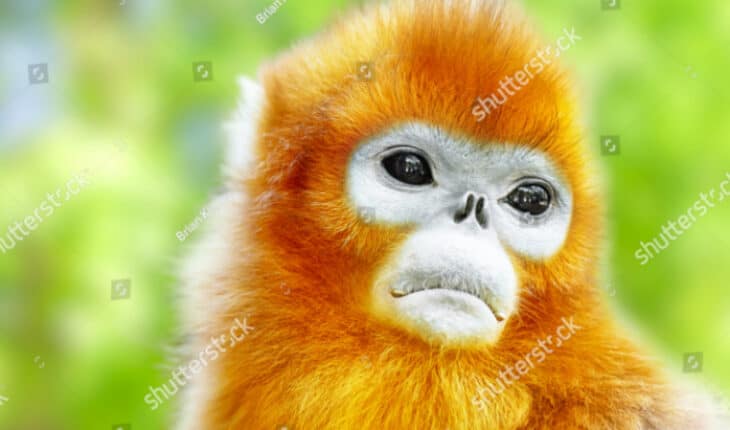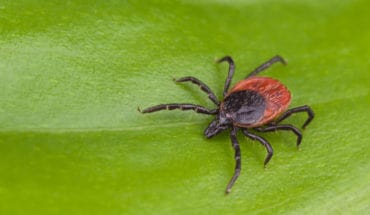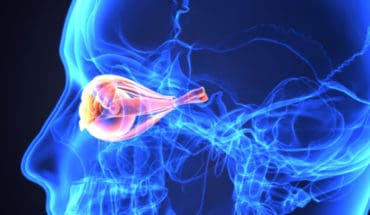New study shows how adaptations to living in a cold climate promoted social evolution. For the first time ever, scientists have uncovered evidence that a species’ long-term adaptation to living in an extremely cold climate has led to the evolution of social behaviours including extended care by mothers, increased infant survival and the ability to live in large complex multilevel societies.
The new study, published in the journal Science, was led by researchers from Northwest University in China and a team including the University of Bristol (UK) and the University of Western Australia, and examined how langurs and odd-nosed monkeys, part of the Asian colobine family, that can be found from tropical rainforests to snow-covered mountains, adapted over time.
These species were chosen by the researchers as they exhibit four distinct types of social organisation and provide a good model for examining the multiple mechanisms that have driven their social evolution from a common ancestral state to the diverse systems present today.
By integrating ecological, geological, fossil, behavioural and genomic analyses, the team found that colobine primates inhabiting colder environments tend to live in larger, more complex groups. More specifically, glacial periods during the past six million years promoted the selection of genes involved in cold-related energy metabolism and neuro-hormonal regulation.
They found that odd-nosed monkeys living in extremely cold locations had developed more efficient hormonal (dopamine and oxytocin) pathways that may lengthen maternal care, leading to longer periods of breast-feeding and an overall increase in infant survival.
These adaptive changes also appear to have strengthened relationships between individuals, increased tolerance between males and enabled the evolution from independent one-male, multi-female groups to large complex multilevel societies.
Dr Kit Opie, is one of the study’s authors from the Department of Anthropology and Archaeology at the University of Bristol. He said: “Our study identified, for the first time, a genetically regulated adaptation linked to the evolution of social systems in primates.
“This finding offers new insights into the mechanisms that underpin behavioural evolution in primates and could be used to address social evolutionary changes across a wide range of species including humans.
“In addition we would like to examine how changes in social and mating behaviour in many primate species may be the result of genetic changes due to past environments as well as other social and environmental factors.”
Dr Cyril Grueter is also an author of the study from the Department of Anatomy, Physiology and Human Biology at the University of Western Australia. He said: “With climate change becoming an hugely important environmental pressure on animals, it is hoped that this study will raise awareness for the need to investigate what course social evolution will take as the prevailing climate changes.”
“Our finding that complex multilevel societies have roots stretching back to climatic events in the distant evolutionary past also has implications for a reconstruction of the human social system which is decidedly multilevel.”
Paper:
‘Adaptations to a cold climate promoted social evolution in Asian colobine primates’ by Xiao-Guang Qi, Jinwei Wu, Lan Zhao, Lu Wang, Xuanmin Guang, Paul A. Garber, Christopher Opie, Yuan Yuan, Runjie Diao, Gang Li, Kun Wang, Ruliang Pan, Weihong Ji, Hailu Sun, Zhi-Pang Huang, Chunzhong Xu, Arief B. Witarto, Rui Jia, Chi Zhang, Cheng Deng, Qiang Qiu, Guojie Zhang, Cyril C. Grueter, Dongdong Wu and Baoguo Li in Science
- New lipid-based pathway discovered as key to memory formation - 25th June 2025
- Crucial link could explain how Alzheimer’s takes hold - 25th June 2025
- Understanding Your Mind Can Improve Daily Life - 25th June 2025







